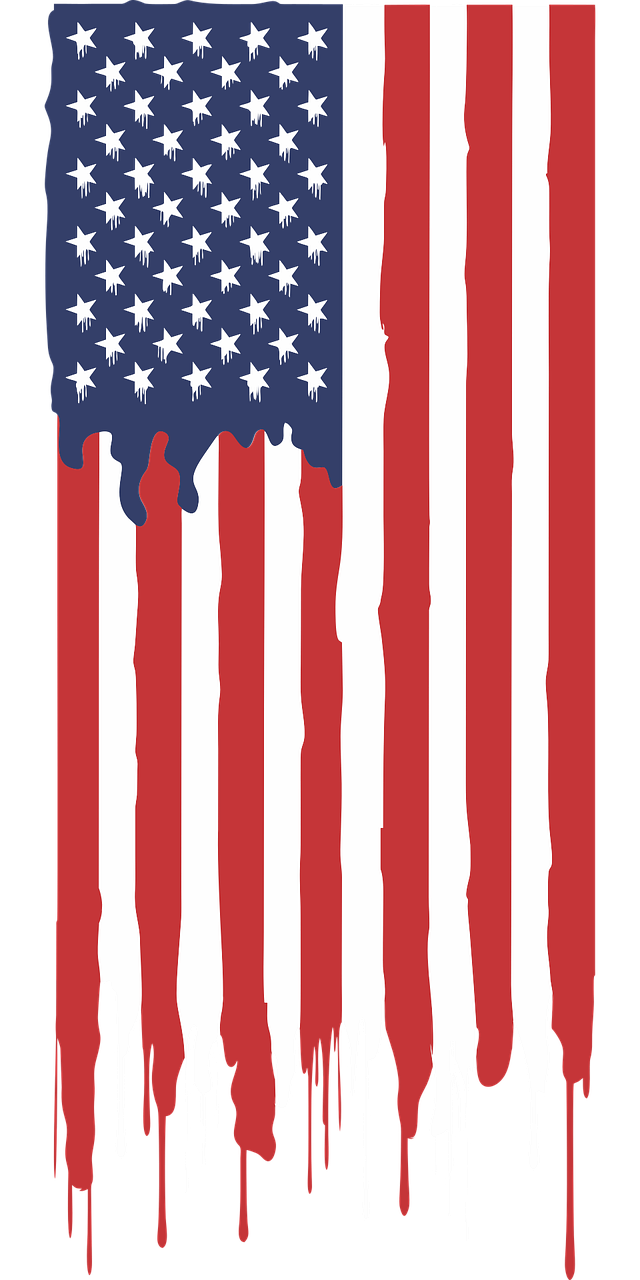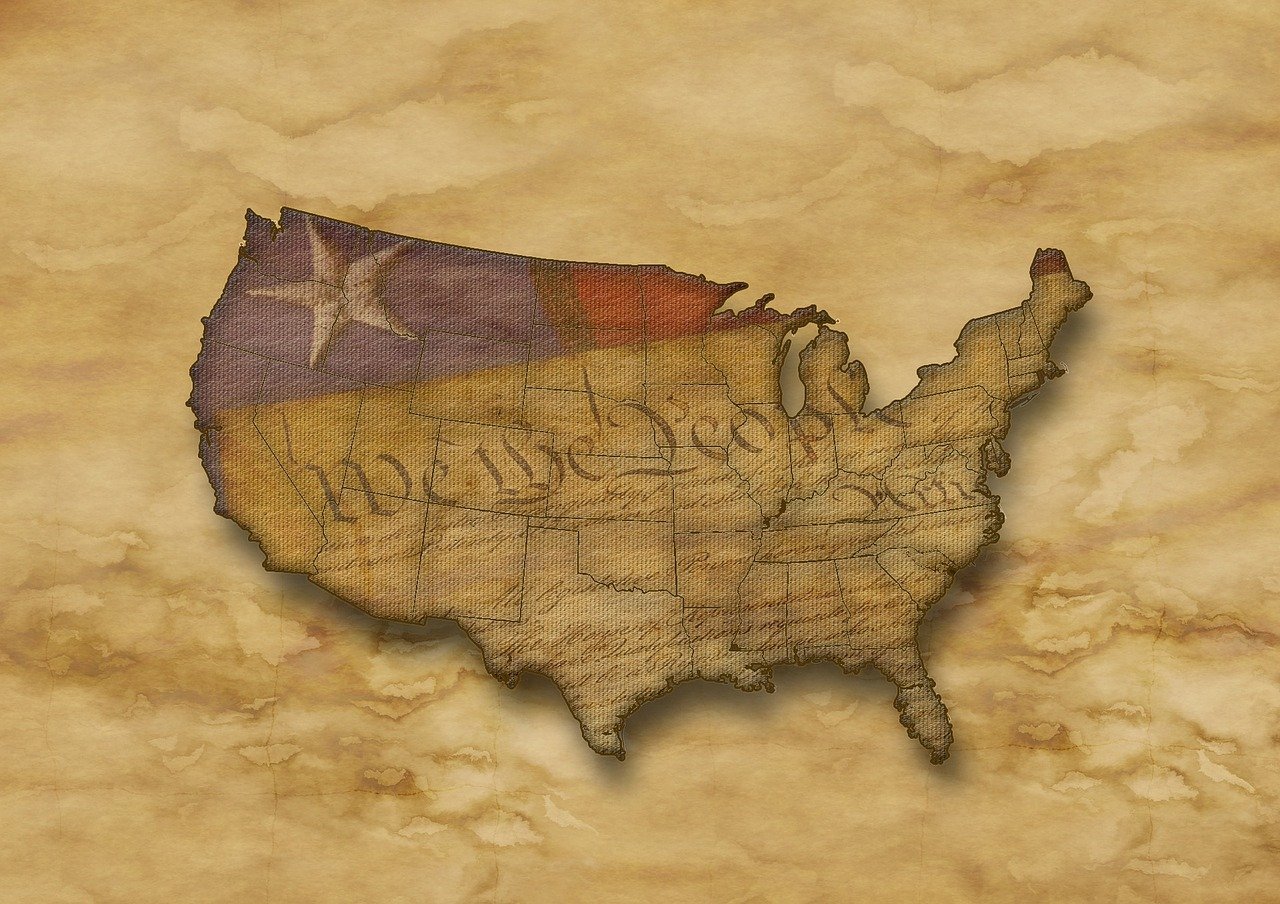Liberals love the Constitution
Ask anyone on the street. The American Civil Liberties Union (ACLU) is a liberal organization. Many liberals even exchange pocket-sized copies of the Constitution as thoughtful gifts during the holidays.
When discussing their top five complaints about the Bush Administration, liberals often mention “shredding” and “Constitution” in the same breath. They might also bring up the “Fourth Amendment” and “due process,” and likely express outrage over “free speech zones” and “habeas corpus.”
So, yes, liberals love the Constitution. They particularly cherish the Bill of Rights and its amendments—except for one: the Second Amendment.
When the discussion turns to the Second Amendment, many liberals seem to check their ability to think rationally at the door. They can easily quote legal precedent, refer to news reports, and cite exhaustive studies when discussing the importance of other portions of the Bill of Rights. They passionately argue for the necessity of respecting civil liberties.
So why do liberals struggle with the Second Amendment? Why do they lump all gun owners into the category of “gun nuts”? Why do they express concern over the “radical extremist agenda of the NRA”? Why do they advocate for greater restrictions?
Perhaps this discrepancy stems from a fundamental misunderstanding. Let’s break down the Second Amendment in a way that liberals might better appreciate.
The Bill of Rights Protects Individual Rights
If you’ve read the Bill of Rights—and who among us hasn’t?—you’ll notice the recurring phrase: “the people.”
- First Amendment: …the right of the people peaceably to assemble
- Fourth Amendment: The right of the people to be secure in their persons, houses, papers, and effects…
- Ninth Amendment: …shall not be construed to deny or disparage others retained by the people
- Tenth Amendment: …are reserved to the states respectively, or to the people.
No good liberal would argue that these rights are collective rather than individual rights. We believe the First Amendment guarantees every citizen the individual right to criticize our government.
So why, then, do liberals falter at the idea of the Second Amendment as an individual right? Why do they discuss it as if “the right of the people” in the Second Amendment holds a different meaning than in the First Amendment?
If we accept that the First Amendment protects not only powerful media organizations but also individual commentators on the internet, can we not also agree that the Second Amendment’s use of “the people” has the same significance?
We Oppose Restrictions on Our Civil Liberties
While it’s true that all rights, even those enumerated in the Bill of Rights, are subject to restrictions, we often oppose these limitations. For example, you can’t shout “Fire!” in a crowded theater or threaten the President.
Yet when it comes to the Second Amendment, many liberals remain silent as politicians propose further restrictions on firearm ownership. Why do overly broad regulations suddenly seem “reasonable”?
Consider the sweeping regulations of the Thirteenth Amendment:
“Neither slavery nor involuntary servitude, except as a punishment for crime whereof the party shall have been duly convicted, shall exist within the United States”.
Would we tolerate a politician proposing a bill that permits enslavement based on such selective criteria? Of course not! We’d mobilize to protect our civil liberties.
Yet, some see a ban on all handguns as reasonable. This perspective hardly seems consistent when you consider that 192 million firearms exist in America, with about one-third being handguns.
It’s Not 1776 Anymore
When the Founding Fathers drafted the Bill of Rights, they could not have envisioned modern firearms like machine guns or high-capacity magazines. Yet we don’t question the rights protected by the First Amendment, even when the context has evolved dramatically.
Liberals are quick to defend the rights of individuals to express their opinions, even if those opinions are found on social media platforms or blogs. Why, then, do they apply such strict literalism to the Second Amendment?
The Second Amendment does not solely protect the right to own “traditional” firearms; it protects the rights of the people as individuals.
The Fight Against Tyranny
Some may argue that private citizens cannot challenge a modern military with their personal firearms. But history tells a different story. Consider the USSR, which was held at bay for years by Afghan guerrillas using simple, outdated weapons.
The Second Amendment is about the right to resist tyranny, echoing Thomas Jefferson’s assertion:
“The strongest reason for the people to retain the right to bear arms is, as a last resort, to protect themselves against tyranny in government.”
It is not merely about personal defense or hunting; it is about the right of revolution.

The Second Amendment is Revolutionary
No other country at any other time has granted such a fundamental right. This is about revolution, not just self-defense.
To paraphrase a recent comment:
“The Second Amendment is not about hunting any more than the First Amendment is about quill pens and hand-set type.”
We often get bogged down in debates about specific types of ammunition or what constitutes “reasonable” firearm restrictions. These discussions distract from the true meaning of the Second Amendment.
Many liberals may think they are fighting against gun violence by advocating for stricter laws. However, history has shown that prohibition doesn’t work. A total ban on handguns in D.C. has not eliminated violent crime; in fact, crime rates often decrease in areas with more legal gun ownership.
Embrace the Second Amendment
This isn’t a call for liberals to rush out and buy guns. Guns can be dangerous in untrained hands, much like cars driven by unlicensed drivers.
Rather, this is a rallying cry for the Constitution and the Bill of Rights. It’s an appeal to every liberal who has expressed dislike for guns or believes that “no one needs that much ammunition.”
This is a call to defend civil liberties, not just to tolerate the Second Amendment, but to embrace it.
Because we are fighting for our rights—for all of our rights, for all people—is what we do.



